Cannabinoid THC Dominant
THC 22 - 25%
CBD 0.42 - 0.63%
Effect Happy
Side Effect Drowsiness
Flavor Sweet
Burnt Toast Strain Information
THC
CBD
Potency
Burnt Toast is an evenly balanced cannabis strain by Raw Genetics. It is obtained through the crossing GSC with French Toast, which is why it is named Burnt Toast. Breaking open the nuggets releases a citrus blueberry aroma, and the taste is a combination of nutty and coffee flavor with a dash of blue cheese. The cultivar has a THC range of 14% to 15%, and its CBD levels are within 0.47% - 0.62%. According to Lab data, Burnt Toast has the following terpene profile:
- Limonene
- Caryophyllene
- Eucalyptol
- Myrcene
Burnt Toast Strain Uses
Even if it's an evenly balanced strain, Burnt Toast marijuana is leaning towards a more energizing weed. Users experience heightened senses, along with a mellow buzz but not in a sedating way. In general, you'll feel euphoric, talkative, uplifted, and happy. None of these feelings are going to be overwhelming, making this an ideal choice for a cheerful afternoon smoke.
Burnt Toast weed strain can also help patients who are struggling with chronic pain, Bipolar disorder, Fibromyalgia, or Hypertension. The reason why this strain is so unique is that it can help with these conditions without leaving you couch-locked, like the majority of other strains. In other words, it can help with physical discomfort while keeping you energized and focused.
Side-Effects
There are a few side effects you should know about before consuming or recommending Burnt Toast strain to someone. According to user feedback, these are some of the things you can experience when smoking this weed strain.
- Insomnia
- Hallucination
- Dry eyes
- Depression
Growing Info
You can grow this weed indoors or outside, and the yield will be the same, around 400g per plant. The flowering time is between 53 and 64 days, and the plant can grow up to 60 inches. The buds are elongated and oval, with yellowish-green color with some darker undertones, there are patches of amber pistils, and orange trichomes tend to cover dark green areas. So, the buds look like they are wearing camouflage.
Side Effects
Simply let us know how this strain tastes or write a detailed review.
Burnt Toast Strain Cannabinoids
| THC | Tetrahydrocannabinol, or THC, is a major cannabis chemical compound. It is a psychoactive element that stimulates dopamine release and induces euphoria or happiness. THC-rich strains may be helpful with such conditions as lack of appetite, chronic pains , etc. It is considered to be the primary active marijuana component. | 22 - 25% |
| CBD | Cannabidiol, or CBD, is a major compound in cannabis, which is non-psychoactive. It is also proved to counteract the side effects of the second major component THC. CBD is widely used for medicinal purposes in rubs, oils and so on. It is helpful in muscle pain cases, may treat arthritis and migraines. Even Greeks used it against pain, while Queen Victoria applied it to get rid of menstrual cramps. | 0.42 - 0.63% |
| CBC | Cannabichromene, or CBC, is a minor cannabinoid, meaning that its quantity in cannabis is quite little. Though it has the same origin as CBD and THC, it is different in functions. Without any psychoactive effects, it is an efficient cannabis compound in combating acne and depression. CBC produces analgesic, antibacterial and anti-inflammatory effects. | 0.12 - 0.22% |
| CBG | Cannabigerol, or CBG, is one of the minor cannabis compounds in adult plants. On the other hand, young ones contain a lot of this antibacterial and anti-inflammatory component. During the growth, CBG is converted into different cannabinoids, mostly THC and CBD. The compound itself increases appetite and decreases eye pressure. | 0.45 - 0.47% |
| CBN | Cannabinol, or CBN, is a trace element in cannabis that is considered to be mildly psychoactive. It appears from oxidation THC, exposed to light and heat. CBN is mostly contained in old cannabis and in traditional hashish. It is effective against insomnia, bacterial infections and appetite loss. | 0.02 - 0.15% |
| THCV | Tetrahydrocannabivarin, or THC-V, is a compound contained in cannabis in trace amounts. Even though it is close to THC molecularly, it is different in effects. This compound may be psychoactive only in large amounts. THC-V reduces blood sugar, controls appetite, stimulates bone growth, etc. African Sativa strains are the richest in THC-V. | 0.39 - 0.64% |
Burnt Toast Terpene Profile
| Carene | Carene (also known as Delta-3 carene) is a terpene found in rosemary, lemons, pines, and cedars, offering citrusy and cypress aroma. Studies on mice showed that carene provides anti-inflammatory effects, as well as promotes bone health and chronic pain relief. | 0.09% |
| Pinene | Pinene is one of the most widespread terpenes in nature, found in pine trees, basil, nutmeg, parsley, and rosemary. Cannabis containing terpene (alpha-pinene or α-pinene) boasts a strong pine scent. Pinene is responsible for anti-inflammatory, pain-relieving, and anti-anxiety effects. | 0.03% |
| Myrcene | Myrcene (also known as β-myrcene) is one of the most common terpenes found in cannabis, representing more than 20% of the modern marijuana terpene profile. Myrcene has a distinct earthy, musky flavor, resembling cloves. It is responsible for calming and soothing effects of weed. Myrcene is also found in hops, thyme, mango, lemongrass, guava melon. | 0.28% |
| Limonene | Limonene (also known as d-limonene) is the second most common terpene in nature and the third most common terpene in cannabis. It has a powerful citrus aroma and can be found in all citruses, including lemons, oranges, grapefruits, limes, juniper, etc. Limonene is known to elevate moods and provide anxiety, depression, and stress relief. | 0.17% |
| Linalool | Linalool (also known as beta linalool, linalyl alcohol, linaloyl oxide, and p-linalool) is one of the rarest terpenes found in cannabis, mostly in small quantities. Linalool is known for its spicy and lavender aroma, bringing relaxation and calming effects. It is also said to provide anti-inflammatory and analgesic properties that can be useful for athletes. | 0.1% |
| Pulegone | Pulegone is a less-common terpene found in peppermint and catnip, for example, with a sweet and minty aroma. In small amounts, pulegone could be found in some cannabis strains. It is reported to offer anxiety-relieving effects, increased cognitive performance, and sedative properties. Could remove dizziness. | 0.08% |
| Sabinene | Sabinene is a terpene with a peppery, spicy, citrusy, and piney aroma, presented in Norway spruce, Holm oak trees, black pepper, cardamom, and carrot seeds. Found in cannabis in small quantities. Allegedly, sabinene has anti-inflammatory and antimicrobial properties. | 0.02% |
| Valencene | Valencene is a terpene that got its name from Valencia oranges - a fruit where It's initially found. Valencene offers citrusy, sweet aromas, with flavors having notes of oranges, grapefruits, tangerines, and, occasionally, fresh herbs or freshly cut wood. Citrus aromas, frequently found in a wide variety of cannabis strains, are contributed to by valencene, which is known for anti-inflammatory and insect repelling properties. | 0.07% |
| Caryophyllene | Caryophyllene (also known as beta or b caryophyllene) is a terpene found in many herbs and spices, such as black pepper, basil, rosemary, and oregano. Cannabis high in caryophyllene delivers a strong spicy, peppery aroma, resembling cinnamon and cloves. Caryophyllene offers potent anti-inflammatory and sedative effects. | 0.16% |
| Total terpenes content | 1.00% |
Growing Info
Similar Strains
THC 13.39 - 16.25%
CBD 0.13 - 1.49%
Effect Giggly
Flavor Nutty
THC 16 - 20%
CBD 1 - 1.12%
Effect Euphoric
Flavor Flowery
THC 16 - 18.5%
CBD 0.18 - 0.7%
Effect Sleepy
Flavor Berry
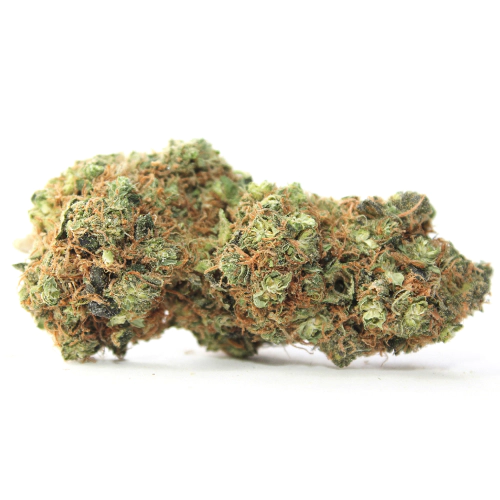
THC 16.32 - 18.58%
CBD 0.1 - 0.36%
Effect Happy
Flavor Skunk
THC 20.5 - 26.25%
CBD 0.64 - 1.16%
Effect Hungry
Flavor Spicyherbal
THC 15 - 9.5%
CBD 10.52 - 12.27%
Effect Uplifted
Flavor Ammonia
THC 19.33 - 22.67%
CBD 0.45 - 0.6%
Effect Euphoric
Flavor Sweet
THC 15 - 19%
CBD 0.05 - 0.47%
Effect Tingly
Flavor Lemon
THC 11.97 - 15.21%
CBD 0.27 - 1.38%
Effect Giggly
Flavor Rose
THC 19 - 20%
CBD 0.95 - 1.13%
Effect Energetic
Flavor Diesel
THC 15 - 18%
CBD 0.07 - 0.71%
Effect Giggly
Flavor Tea
THC 19.5 - 20.75%
CBD 0.42 - 0.57%
Effect Relaxed
Flavor Sweet
THC 20 - 22%
CBD 0.56 - 0.79%
Effect Nausea
Flavor Ammonia
THC 27 - 28%
CBD 0.8 - 1.02%
Effect Sleepy
Flavor Pungent
THC 19 - 20%
CBD 0.74 - 0.93%
Effect Aroused
Flavor Grape
THC 17 - 24%
CBD 0.87 - 1.13%
Effect Tingly
Flavor Spicyherbal
THC 8 - 11.5%
CBD 0 - 0.02%
Effect Hungry
Flavor Vanilla
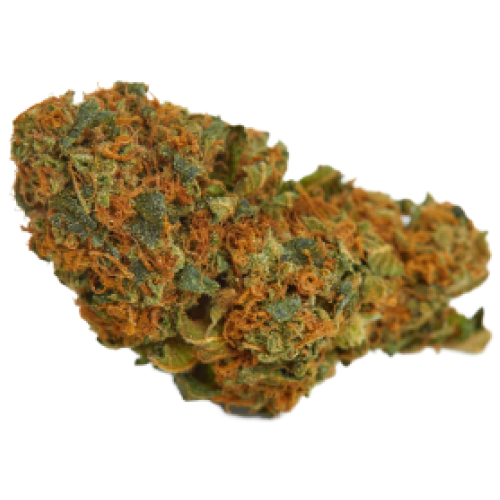

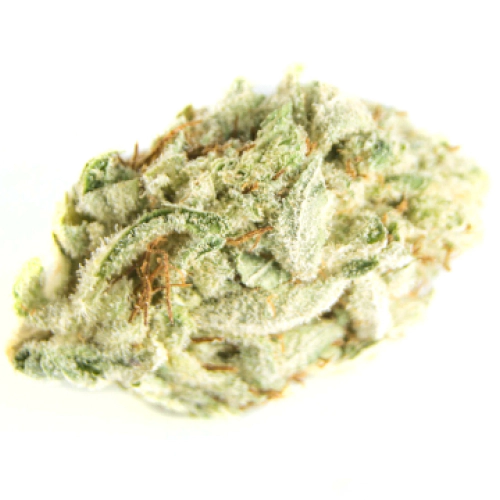
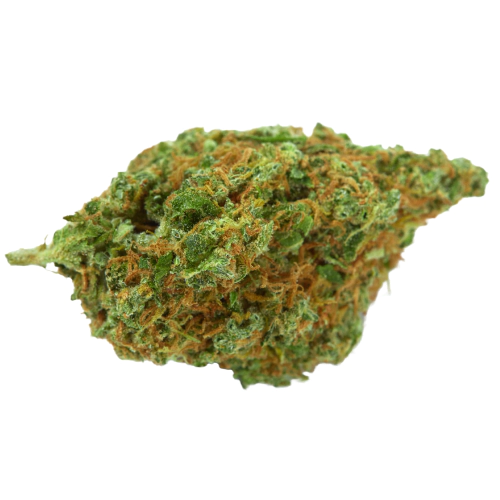
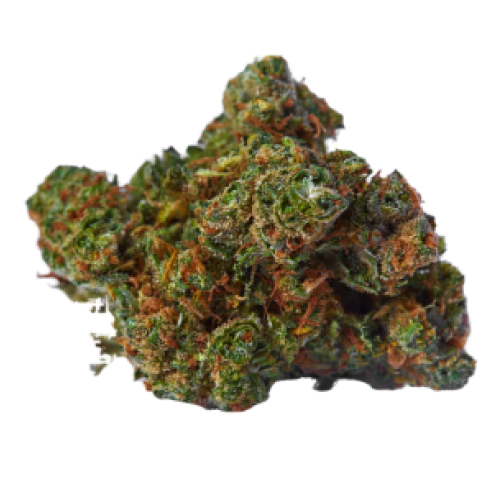
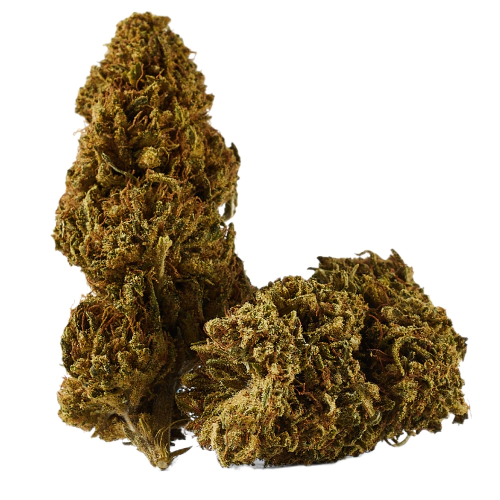
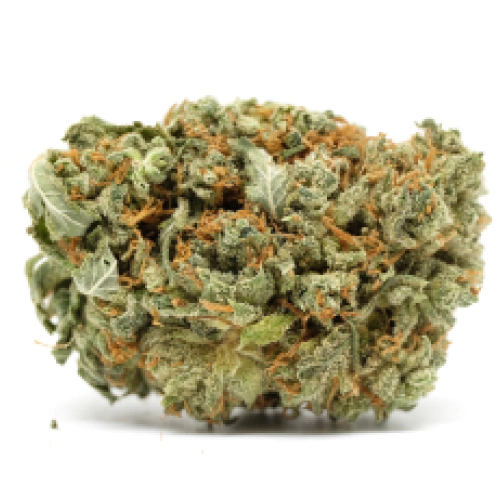
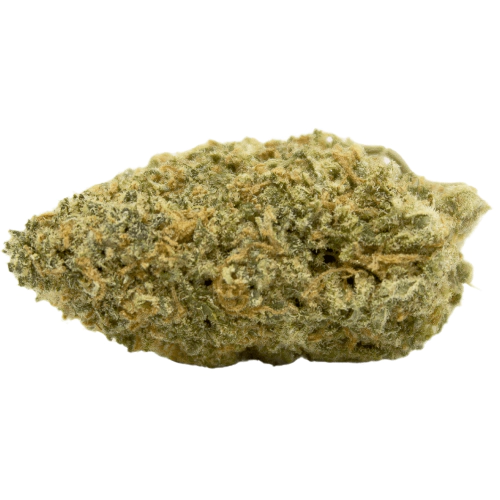
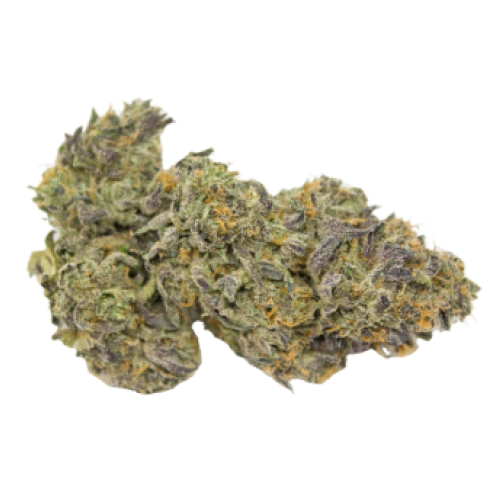
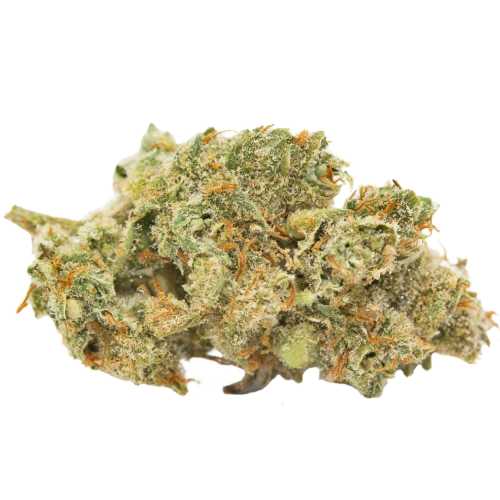
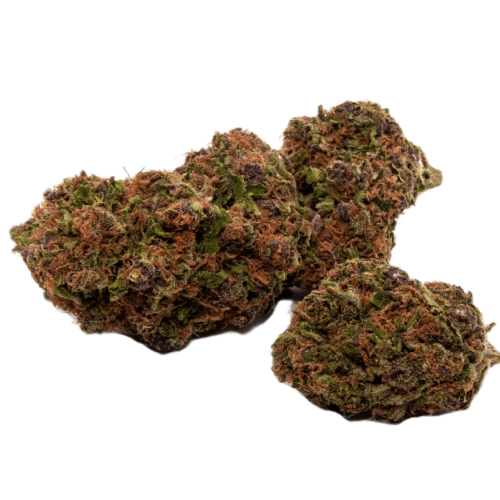
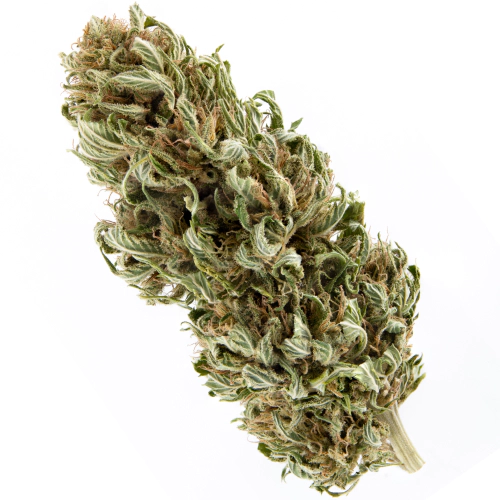
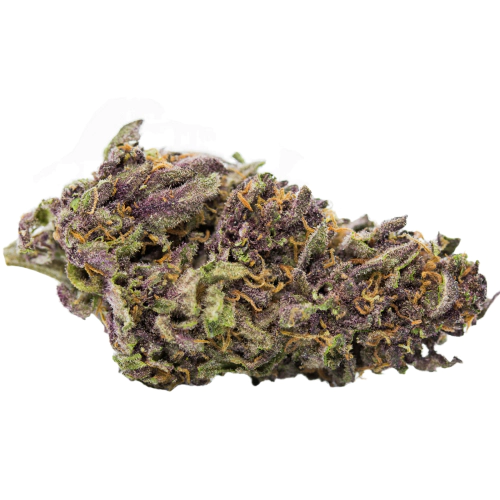
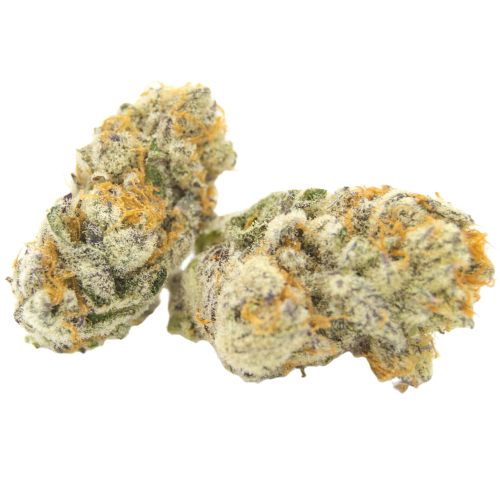
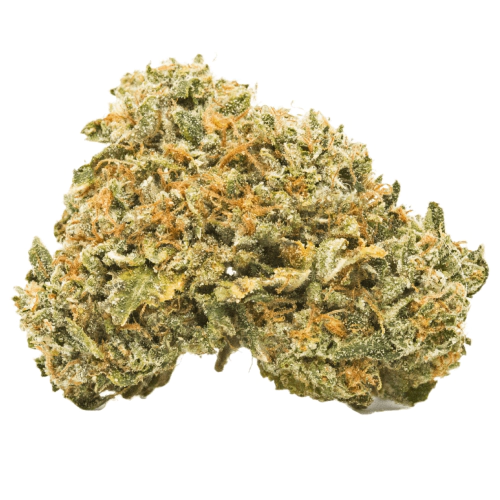
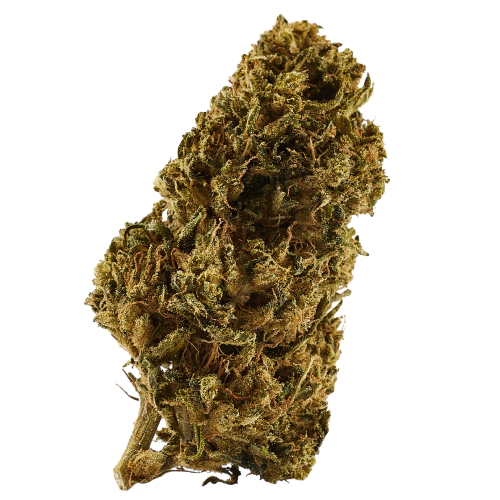
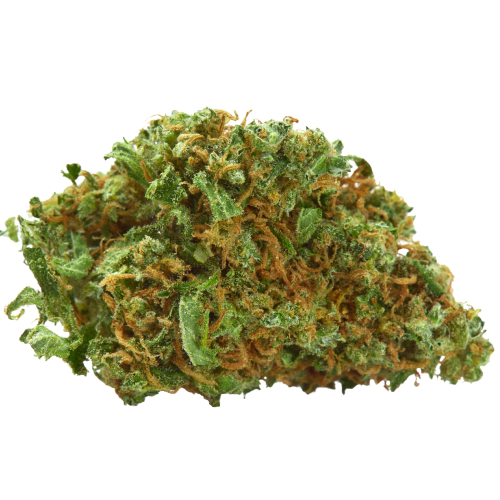
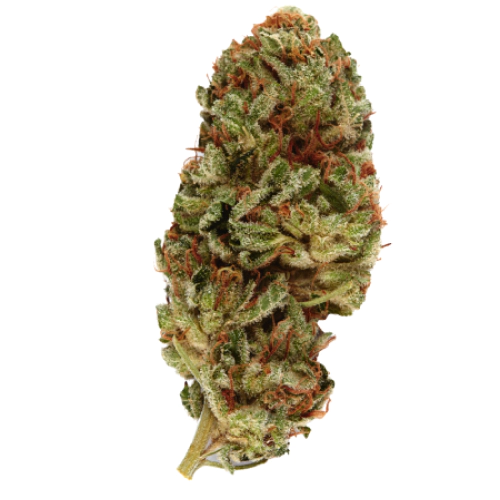
User Reviews 9
Before I lit my bowl, i collected some kief that was at the bottom of my grunder and sprinled it all over the nug. Ended up feeling so relaxed and seeing that i was done with the days work I decided to hit the sack. Best idea i ever got to be honest.
Trust their word Cannachinno, currently enjoying a bountiful harvest my friend.
Hate how they downplay side effects such as panic attacks, completely horribe.
dis my study buddy right here, before hitting the library i infuse some Burnt Toast cannbutter in my tea and by the time I am settling in the effects start reporting in. An hour or two later I usually realized I have been so focused that i missed the weed effect getting stronger.
If the site is any true I may be getting more than 400g per plant come harvest time.
Contrary to common belief, THC strains don't have you strung out at 3 in the morning trying to solve some crime puzzle. that may happen once in a while but they are also very good for relief. I swear my back pain has dissapeared after i started smoking Burnt Toast joints.
Having tried a number of strains over the years, this one is the eye turner. It may not seem as much with the corny breakfast name but it earns every right to the name. Not a bad one at all.
Everyone should try this before they have breakfast. It's eye-opening and you get a good appetite.
I have grown a couple of these bad boys and i have to say they mature quite well. I used to watch over the bud as it was maturing and the beauty it was when its brown colors were developing. Apart from some drowsy feeling after a puff or two i'd 10/10 advocate for this baby.
Write a Review